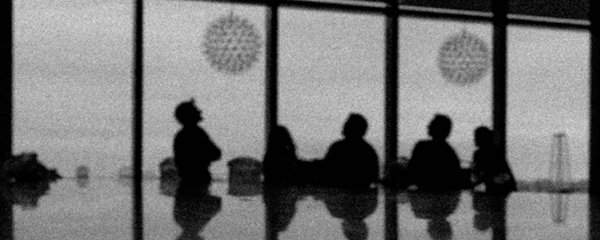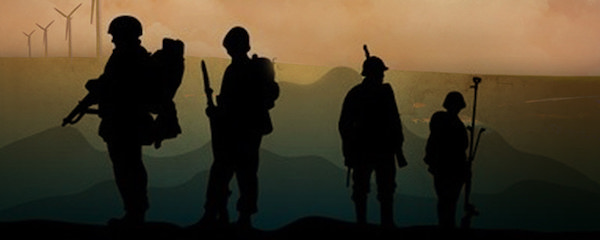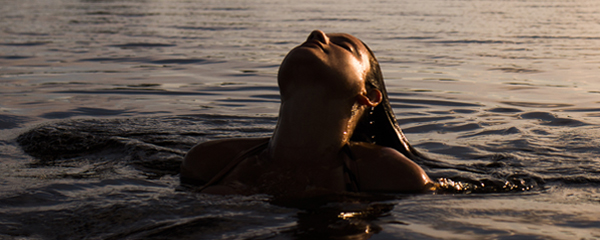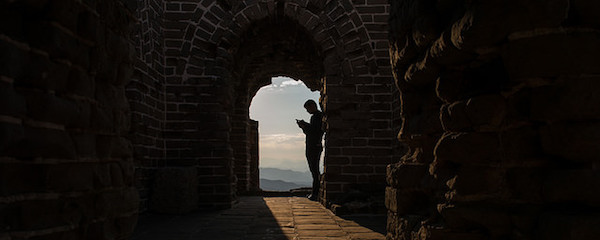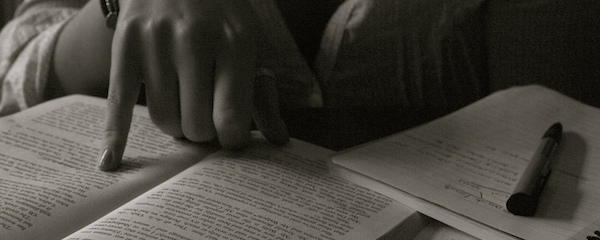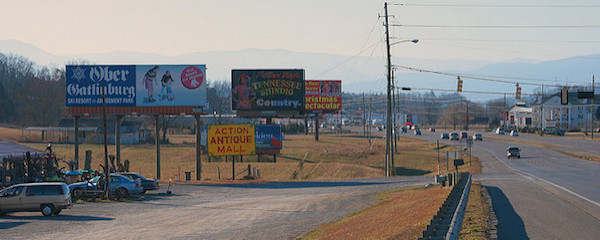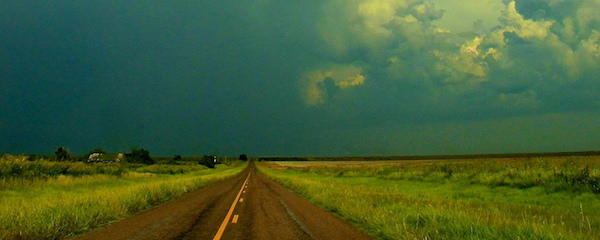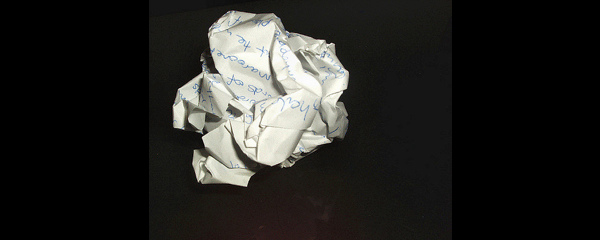MICHAEL CAINES takes a walk through the underworld of Brigid Brophy’s short stories: ‘from its Shavian title onwards, ‘The Adventures of God in His Search for the Black Girl’ gives virtuoso voice to the figures excluded by convention from charmed settings such as deer-haunted forests and the pastoral Golden Age…’
MIKE SMITH finds himself at war with Vivien Jones’ flash fiction ‘Sorting Office’: ‘Vivien Jones is a direct writer, with a deceiving simplicity of style, and in this very short story, a flash fiction by most measures, the simplicity and the deception are well employed. Structured as two half-page paragraphs, and a four-line ending, it establishes a path for a denouement that will surprise, although it is a conclusion that is, at the same time, entirely probable, rather than merely plausible…’
VICTORIA LESLIE discusses the feminist message behind the stories of Charlotte Perkins Gilman: ‘When we think of the nineteenth century cult of the drowned woman, and of the abundance of these tragic figures in art and literature… Gilman’s story offers a new kind of heroine for the new century…’
ANTON DECHAND finds his way through ‘The Great Wall of China’ by Kafka: ‘I never mention his name among my favourite authors. Yet there are few writers that have been with me for so long and never ceased to be a source of amazement. I know I can always come back to Franz Kafka and it gives me a strange comfort to do so. He’s like a talisman from a foreign culture: riddled, inconceivable, yet commonplace and imbued with a personal history…’
ELIZABETH EDELGLASS recommends Apples from the Desert by Savyon Liebrecht: ‘Liebrecht is a multi-talented author who has written, and been honored for novels, novellas, plays, and television scripts, but the short story is the form that first brought her acclaim and to which she always returns…’
RICHARD NEWTON, shortlisted in the 2017 Feature Writing Competition, recommends Cormac McCarthy as a short story writer, whether he likes it or not: ‘Ride him down, bring him in. Against his will, if that’s what it takes. Drag him to the pantheon kicking and writhing. Disregard his testimony: ‘I’m not interested in writing short stories. Anything that doesn’t take years of your life and drive you to suicide hardly seems worth doing.’ Commit Cormac McCarthy to the front rank of short story writers; to hell with his protestations…’
In this essay, shortlisted for the 2017 THRESHOLDS International Short Fiction Feature Writing Competition, MORGAN OMOTOYE is reminded of the power of the short story in Jennifer Egan’s ‘Why China?’: ‘While reading ‘Why China?’ I was a sad-sack stock trader, a sculptor, a globe trotting criminal, an ‘Asian woman in a collegiate headband’ and a twelve-year-old girl. Egan’s skill lies in presenting the immediacy of these lives in moments of duress and transformation. While I read there were no walls, no borders, no barriers between what these characters made me feel and think. I was me and also not only me…’
In this essay, shortlisted for the 2017 THRESHOLDS International Short Fiction Feature Writing Competition, SEAN BAKER finds the ‘country noir’ in Daniel Woodrell’s collection The Outlaw Album: ‘Daniel Woodrell could be said to be America’s best-kept secret, its greatest writer no one has ever heard of. Tell anyone that your favourite writer is Daniel Woodrell, and you are met with a blank face … But mention WINTER’S BONE to most people and you get an “Ohhhh” of recognition as they recall the 2010 Oscar-nominated film starring Jennifer Lawrence pre-Hunger Games mega-fame. Point out that it’s actually based on a Daniel Woodrell novel of the same name and their faces register something approaching interest and a promise to check out the book…’
CATHY SWEENEY, runner-up in the 2017 Feature Writing Competition, recommends ‘Sinbad the Sailor’ by Yuri Buida: ‘Let’s start with this: many writers distrust stories. This may seem odd since they are compelled to spend their lives telling them, but such is human nature. I am thinking of writers such as Kafka and Borges and Pirandello and Beckett. And Yuri Buida. They do not consider stories to be the source of truth because they know that truth is a tricky thing, and not something that can easily be contained between ‘once upon a time’ and ‘the end’, like meat between two pieces of bread. If there is something akin to ‘truth’ in a story, it is like the truth that comes from dreams…’
JESSICA WHYTE, runner-up in the 2017 Feature Writing Competition, recommends ‘Miss Brill’ by Katherine Mansfield: ‘Katherine Mansfield’s short story ‘Miss Brill’ was written to be read out loud. In early 1921, shortly after the story was first published in the magazine The Athenaeum, Katherine Mansfield wrote to her brother-in-law Richard Murry: ‘after I’d written it, I read it aloud – numbers of times – just as one would play over a musical composition, trying to get it nearer and nearer to the expression of Miss Brill – until it fitted her…’
